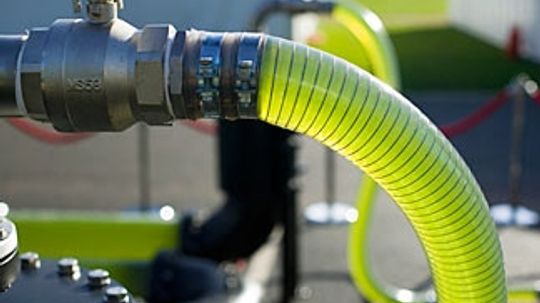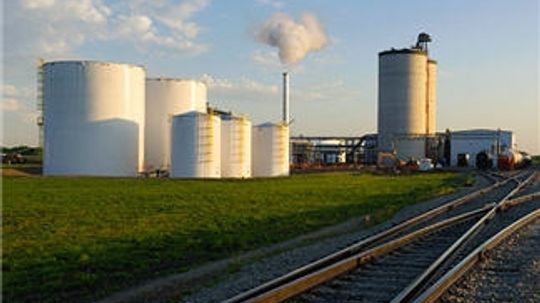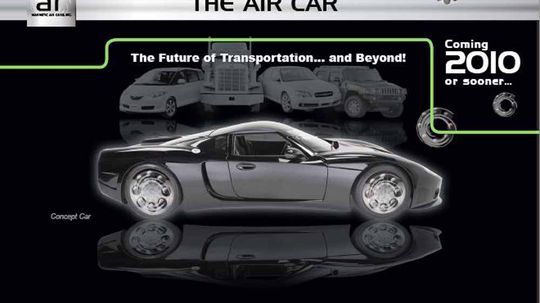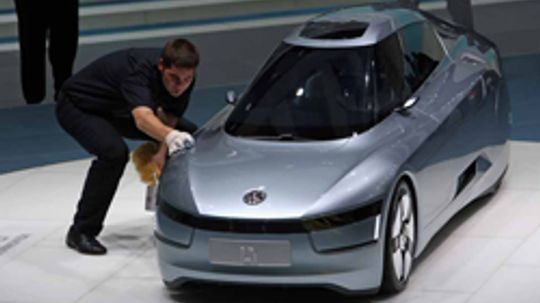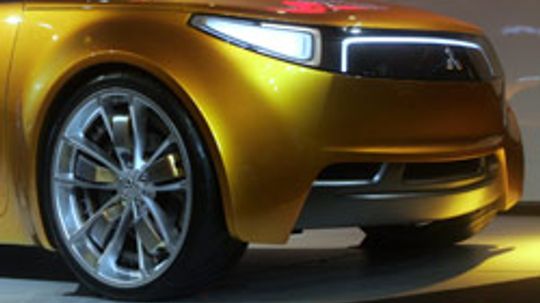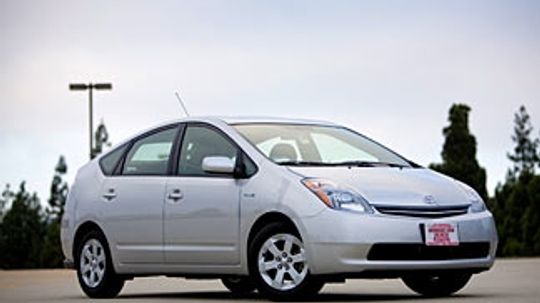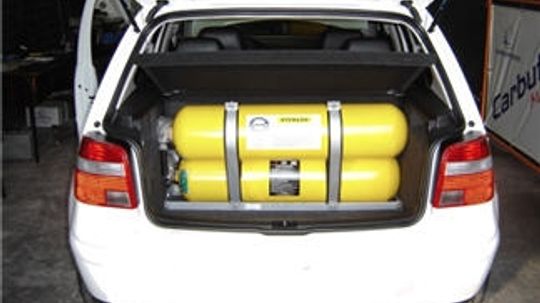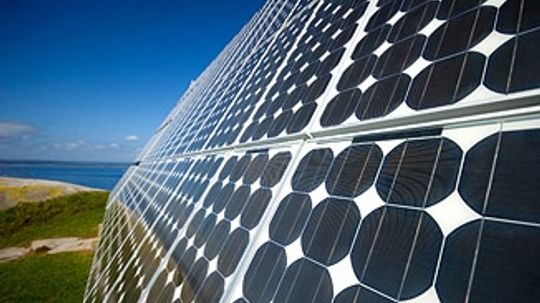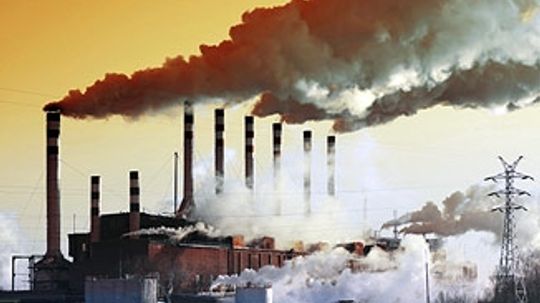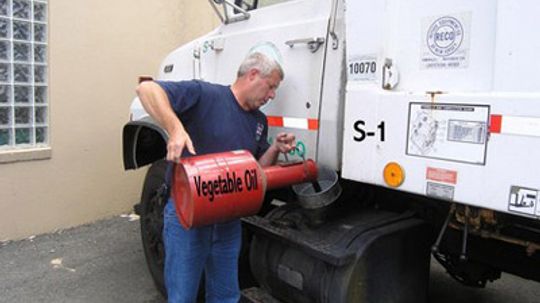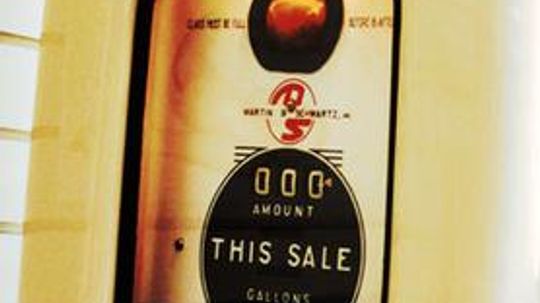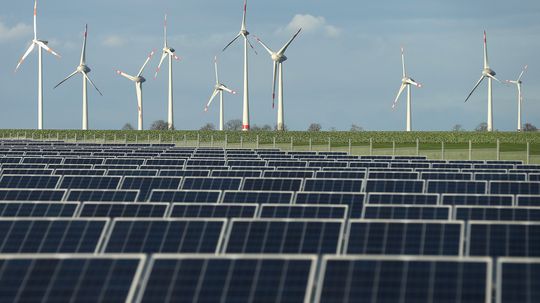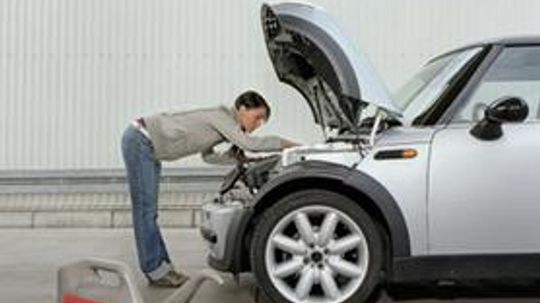Fuel Efficiency
Fuel efficiency has become an extremely important topic in today's world because of rising gas prices, the need to cut our carbon footprints, and the need to cut dependence on oil-rich nations. Check out these great articles on fuel efficiency.
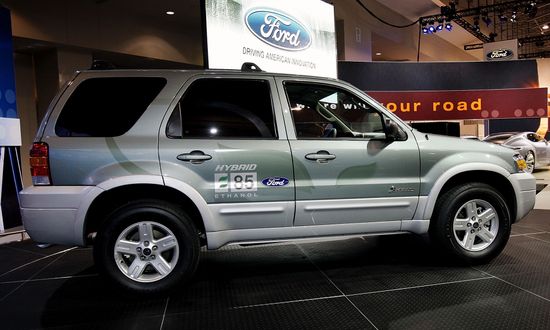
Is Ethanol Bad for Your Car?
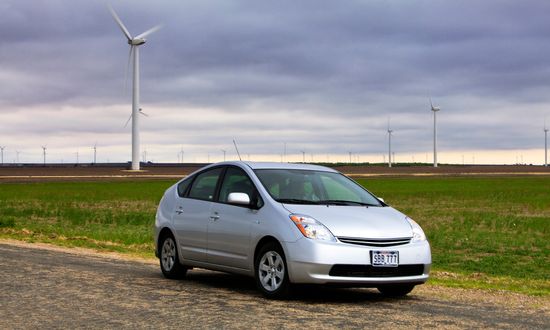
How Carbon-neutral E-fuels Work

How Plant-microbial Fuel Cells Work

Sweet Sorghum: The Sweetest Fuel You'll Ever Taste!

How Algaculture Works

What's the process to convert wine into fuel?
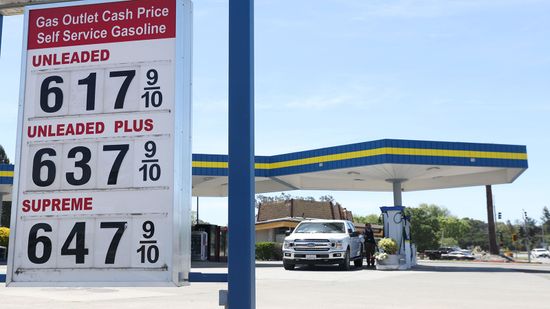
Why Is Gas So Expensive at Certain Times of Year?
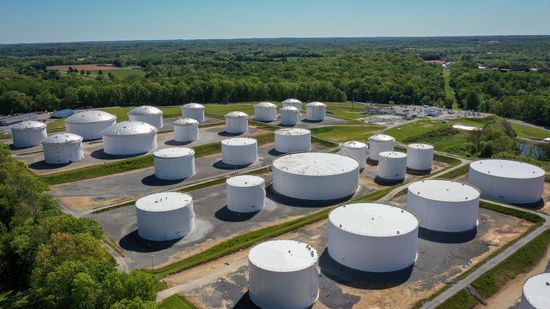
Summer-grade Versus Winter-grade Fuel
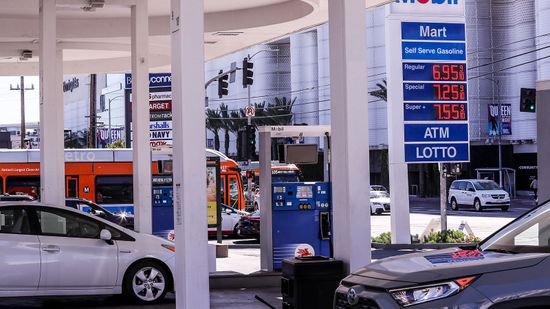
What's the Most Americans Have Ever Paid for Gas?
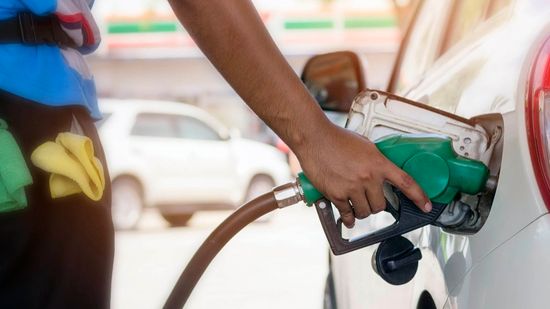
Is It Bad to Drive Without a Gas Cap?
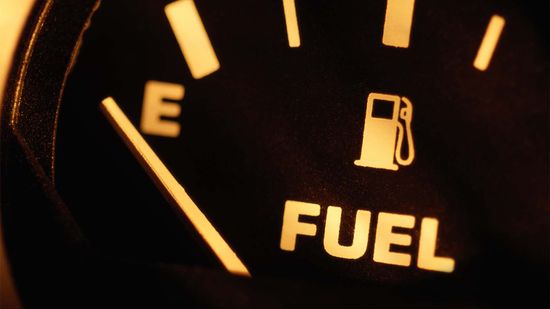
Running on Empty? How Bad Is It for Your Car?
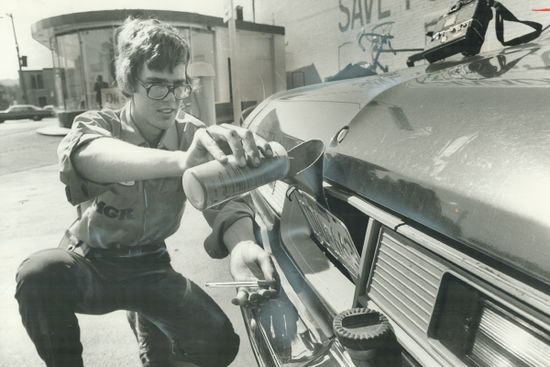
Do fuel additives really do anything?
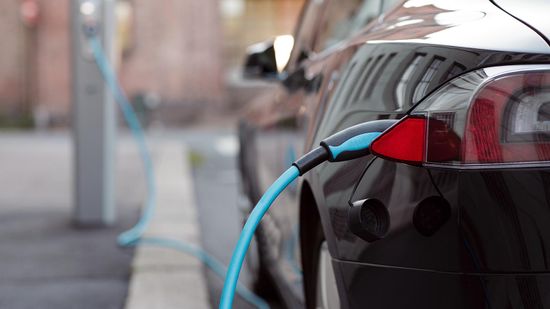
5 Outdated Myths About Buying and Owning Electric Cars

Rivian Aims to Change the EV Industry One Pickup at a Time

Why You Want Your Kid's School Bus to Be Electric
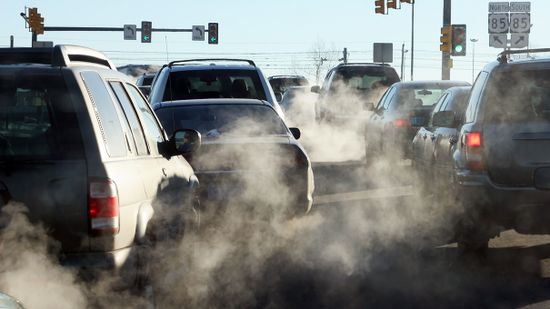
Love It or Hate It: Stop-start Technology Is Here to Stay
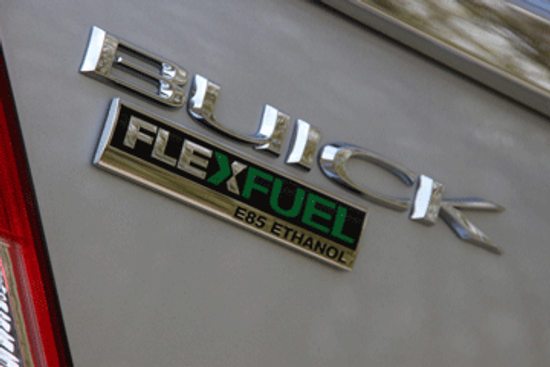
Flexible Fuel Technology: Flex Engines
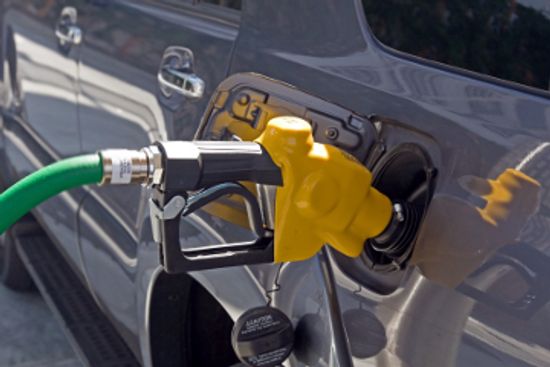
How Flex-Fuel Vehicles Work

Why would someone want to steal the hybrid badge from my car?
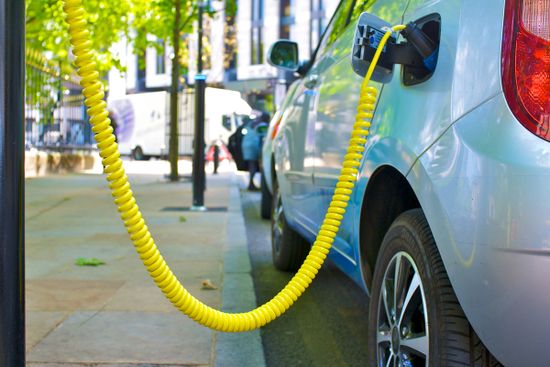
Top 10 Alternative Fuels on the Road Right Now
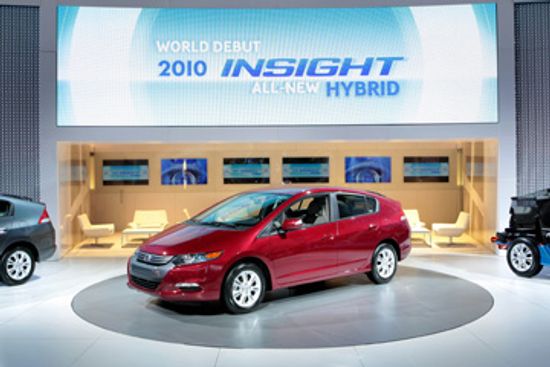
Do hybrid cars get power through kinetics?
Learn More / Page 3
Instead of relying on futuristic power sources, steampunk-style contraptions look to the past and get their juice from steam. Does steam have staying power as a source of energy?
Biofuels -- the word seems magical. It brings to mind singing birds, clear blue skies and global happiness. Somehow, we can turn plants and other organic material into something to power our cars and save the planet at the same time.
By Craig Haggit
Scientists use the term algae to refer to a large and varied group of plantlike organisms often found in water. Like plants, algae are photosynthetic: They convert carbon dioxide into food using the power of sunlight. Could it be used as fuel?
By Chris Opfer
Advertisement
There's no question -- relying on coal and oil for power is a dirty game. Both fuels release greenhouse gases when burned. Both require extensive and sometimes dangerous collection methods.
From wood-burning stoves in Sudan to coal-fired power plants in Pittsburgh, most of the world runs on biomass energy -- energy produced using materials derived from living things
There are plenty of arguments for biorefining as the way to power the future, as well as reasons to wonder if we should think twice about the developing energy source.
There's a saying about sports cars: They can pass anything on the road -- except a gas station. Here are 10 sports cars that break the stereotypical gas-guzzler image.
Advertisement
Running a car on compressed air isn't exactly a new idea. In fact, the technology dates back to the early 1930s. So what makes Magnetic Air Motors' magnetic air car unique?
They said it couldn't be done: No one could build a car capable of traveling 100 miles or more on a single gallon of gasoline. They were wrong.
By 2025, it's quite possible that the average passenger automobile will be capable of getting more than 50 miles per gallon (21.3 kilometers per liter) - if it runs on conventional fuel at all.
During times of rising gas prices, which seems to be all the time, vehicle owners are on the lookout for a well-priced product that can save them a few dollars in the long run.
Advertisement
By 2025, the Obama administration would like to see the average vehicle rated at 54.5 mpg, or 37 mpg on a window sticker. Considering that the industry has made just over 2 percent gains a year since 2007, this is no small feat.
To make natural gas a viable fuel for vehicles, it must be compressed. This allows more fuel to be stored per volume, among other things. How much do you know about natural gas?
Anyone who's seen the famous, grainy footage of the Hindenburg disaster is familiar with the idea that hydrogen ignites easily. Burning unlocks stored energy, making hydrogen useful as a fuel.
By Josh Clark
Natural gas generators, as the name suggests, use natural gas -- which includes the propane used for backyard grills or the methane that utilities supply through underground lines -- to generate electricity.
Advertisement
Instead of burning fuel like conventional engines, hydrogen fuel cells work through an electrochemical process. To produce electricity, hydrogen atoms are ionized on one side of an electrolyte membrane. How much do you know about hydrogen fuel cells?
Can we use vegetable oil as fuel in our cars and in electrical generators? The short answer is yes. The longer answer is, well, yes, with a good number of qualifications.
We're still a ways from a hemp-powered car, but industrial hemp has made a number of headlines in past years, especially as an alternative energy source. Is hemp the power of the future?
By Alice Truong
Avoid topping your gas off. Learn in this article why you should avoid topping your gas off.
Advertisement
Go on any highway and you'll see many vehicles with roof racks. Learn more about your roof rack affecting your gas mileage.
Fuel options for the future. Read this article to learn the fuel options for the future,
Fossil fuels (like gasoline and diesel) are running out and getting a bad rap for nasty tailpipe emissions -- and rightly so. Learn more about how green are automotive lithium-ion batteries.
During the summertime, it could be said that the hottest moment between is when you first get into your vehicle. Learn more about cooling your vehicle quicking during an intense summer heat and reduce carbon emissions.
Advertisement
How to tune your own car for better gas mileage. In this article, learn how to tune your care for better gas mileage.
The average motorcycle gets 35-40 miles per gallon. Learn more about improving your motorcycles gas mileage with these 10 tips.


